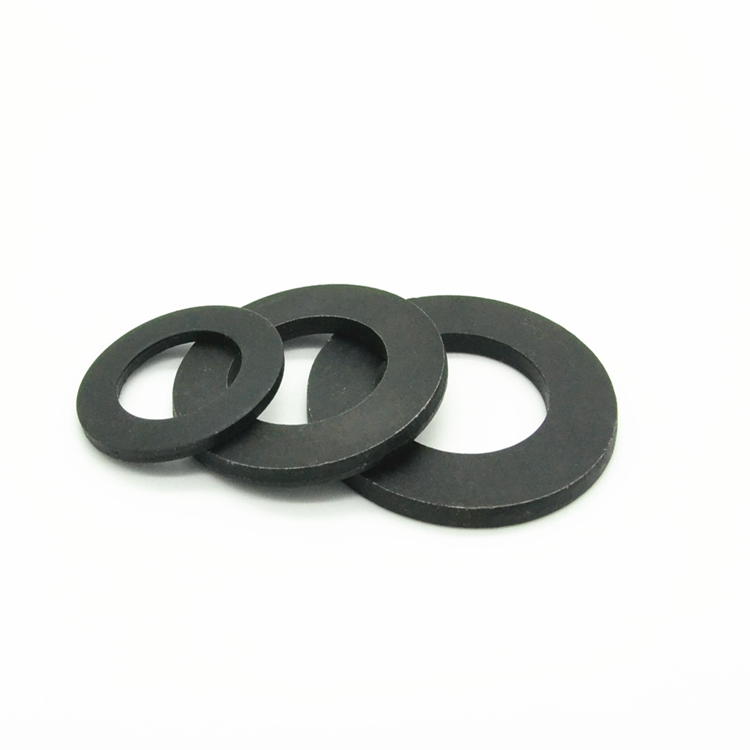high quality m4 7 screws
Dec . 11, 2024 06:56 Back to list
high quality m4 7 screws
The Importance of High-Quality M4 7 Screws in Modern Applications
In the realm of engineering and construction, the choice of fasteners plays a pivotal role in ensuring the durability and reliability of assembled products. Among the various types of screws utilized in industrial applications, M4 7 screws stand out for their versatility and strength. These screws, characterized by their metric designation, are particularly favored for their precision, ease of use, and compatibility with a wide range of materials. In this article, we will explore the significance of high-quality M4 7 screws, their applications, and how to select the right screws for your projects.
Understanding M4 7 Screws
M4 7 screws are metric screws that feature a nominal diameter of 4 mm and a length of 7 mm. Their design often includes a hexagonal, Phillips, or slotted drive, allowing for various tools to engage effectively with the screw for installation. The 'M' in M4 indicates that these screws conform to the ISO metric screw thread standards, which promotes compatibility across a vast array of components.
The construction of these screws is typically comprised of various materials, including stainless steel, carbon steel, and alloy steel, each providing unique properties. Stainless steel M4 7 screws, for instance, offer excellent resistance to corrosion, making them suitable for outdoor or marine applications. On the other hand, carbon steel options may provide superior tensile strength at a lower cost, ideal for applications that will not be exposed to harsh environments.
Applications of M4 7 Screws
M4 7 screws find applications across numerous industries, including automotive, electronics, furniture assembly, and machinery. In electronics, they are commonly used to mount circuit boards and enclosures, where their small size and precise fit are critical. In the automotive sector, these screws may hold components in place, contributing to overall vehicle integrity. Furthermore, in furniture assembly—especially in flat-pack designs—M4 7 screws are often utilized due to their ease of installation and ability to create strong joints.
high quality m4 7 screws

The versatility of M4 7 screws extends to DIY projects as well. Hobbyists and professional crafters appreciate their availability in various finishes and materials, allowing for greater customization in their projects. Whether constructing model airplanes or assembling intricate robotic systems, high-quality M4 7 screws are invaluable for achieving robust results.
The Importance of Quality
When it comes to fasteners, the quality of screws can significantly impact the performance and safety of the final product. High-quality M4 7 screws are designed to meet stringent manufacturing standards, ensuring consistent dimensions, superior tensile strength, and resistance to stripping or breaking under pressure. Selecting high-quality screws not only enhances the structural integrity of the assembly but also improves the longevity of the components involved.
Investing in premium screws can prevent common issues associated with cheap alternatives, such as corrosion, deformation, and thread striping. Quality screws are made from materials that are carefully treated to enhance their performance characteristics, such as hardness and corrosion resistance. In applications where safety and reliability are paramount, the difference between high-quality and low-quality screws can be a matter of life and death.
Selecting the Right M4 7 Screws
When choosing the right M4 7 screws for your specific application, consider factors such as material, coating, drive type, and length. Stainless steel is ideal for wet environments, whereas treated carbon steel might be more suitable for dry applications. Additionally, ensure the screws have the correct thread pitch and can accommodate the load requirements of your project.
In conclusion, high-quality M4 7 screws are an essential component in various applications, providing reliability and durability where it matters most. By understanding their uses and the importance of selecting the right screws, engineers and DIY enthusiasts alike can ensure the success of their projects. Prioritizing quality in fasteners is not just a matter of preference; it is a necessity for achieving safety and longevity in any assembly.
Latest news
-
High-Quality Panel Stud Bolt Reliable Panel Stud Bolt Factory & Suppliers
NewsJul.08,2025
-
High-Precision Fine Thread Locknuts Manufacturer & Supplier Custom Solutions
NewsJul.08,2025
-
PH Imperial Stud Bolt – High Strength Fasteners from Leading Supplier & Factory
NewsJul.07,2025
-
High-Quality Allen Wrench Bolts Leading Factory, Company & Suppliers
NewsJul.07,2025
-
Wholesale Ball Stud Bolt - High Quality Supplier & Factory Price Reliable Wholesale Ball Stud Bolt Company
NewsJul.06,2025
-
High-Strength Alloy Bolts Manufacturer & Supplier Quality Alloy Fasteners Factory
NewsJul.06,2025
